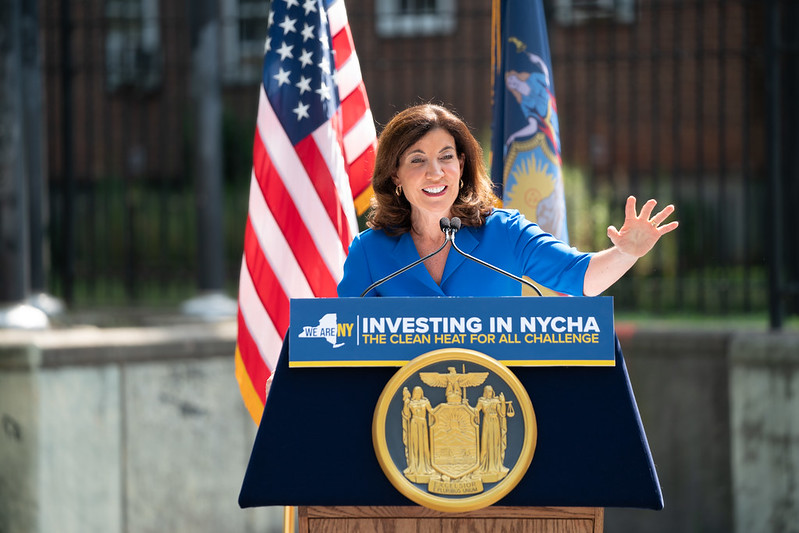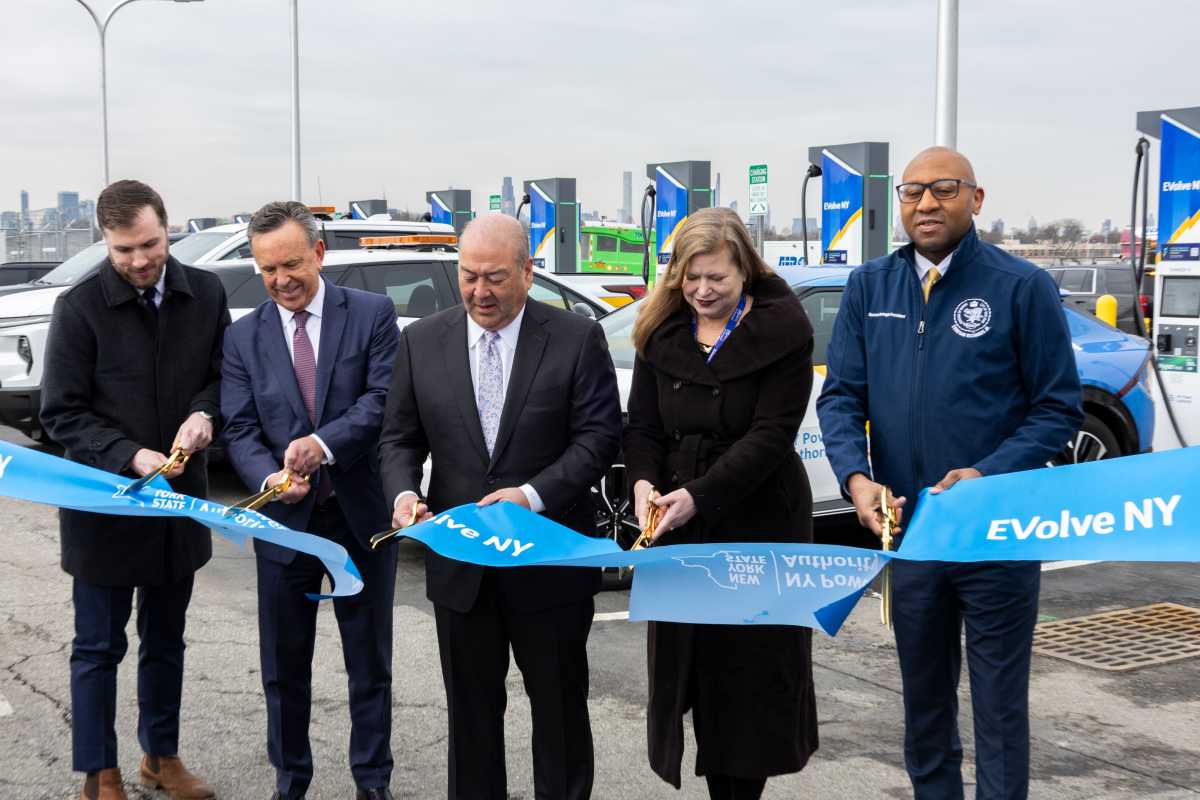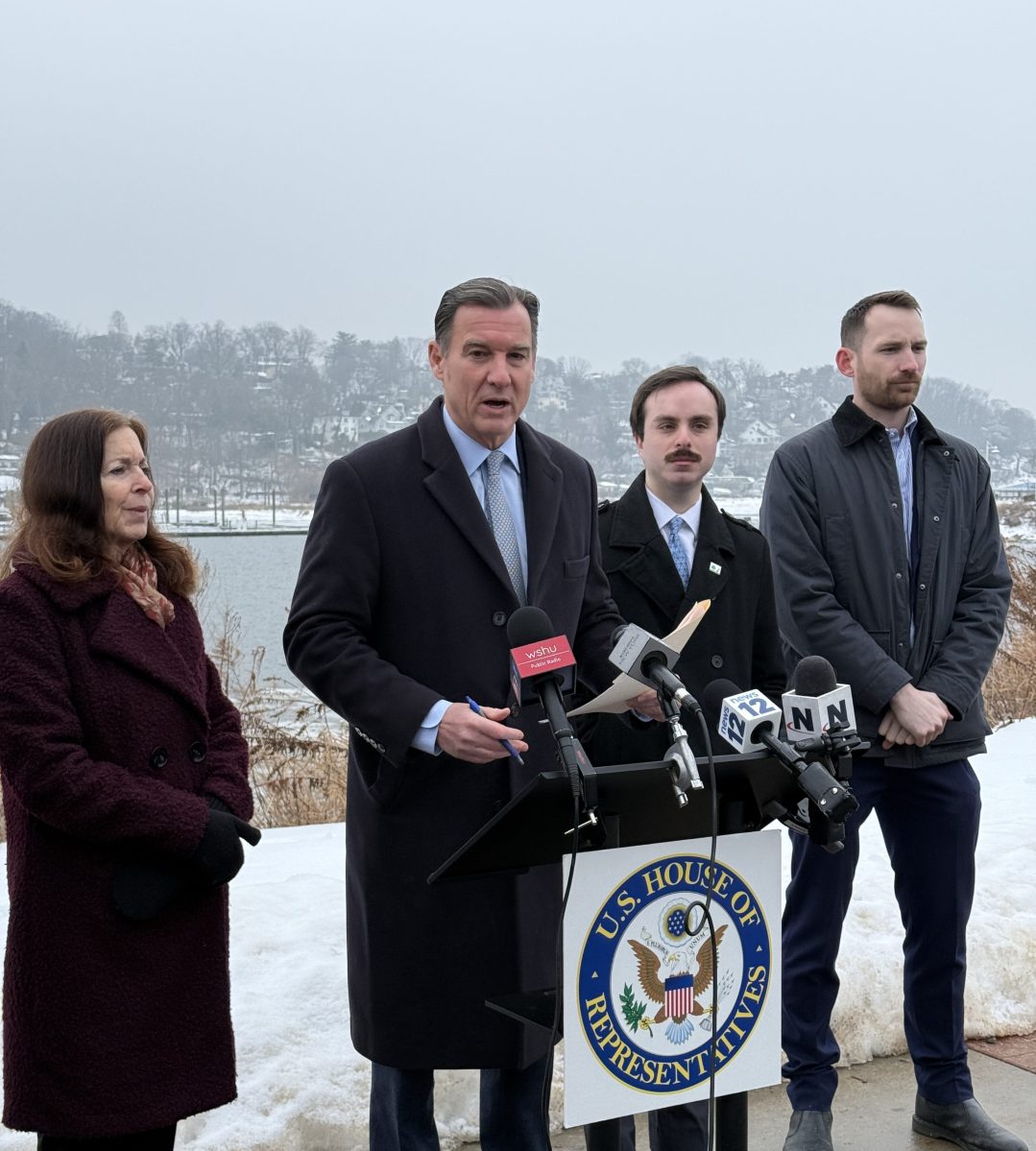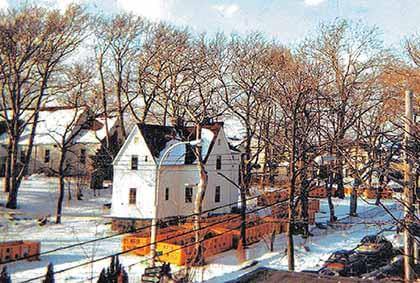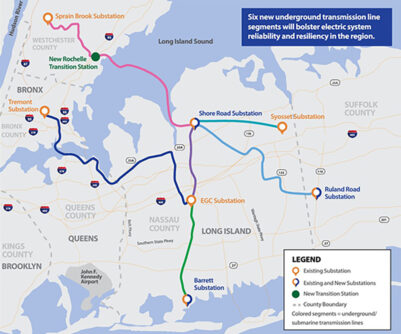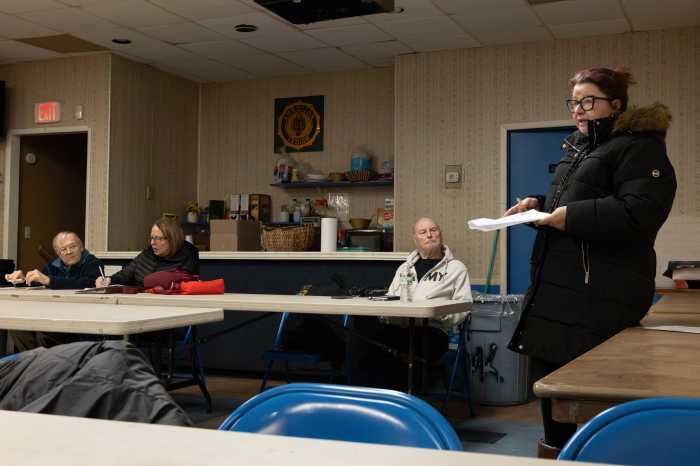Governor Kathy Hochul and Mayor Eric Adams announced Tuesday that the New York City Housing Authority (NYCHA) will get a planned $70 million initial investment for the development and production of 30,000 new heat pump units throughout their public housing facilities that will bring advanced heating and cooling technologies while reducing greenhouse gas emissions.
The funding is part of the Clean Heat for All Challenge, an initiative spearheaded by the NYCHA, the New York Power Authority (NYPA), and New York State Energy Research and Development Authority (NYSERDA) to develop a new electrification product that can better serve the heating and cooling needs of existing multifamily buildings and hasten the transition to fossil-free heating sources.
The funding was awarded through two seven-year contracts to Midea America and Gradient for the development and delivery of cold climate packaged window heat pump units.
“New York is tackling the climate crisis and the need for affordable housing head on, and today we’re taking additional action through a transformative $70 million investment,” Hochul said. “Prioritizing green investments in public housing ensures the State’s bold climate agenda is equitable – benefiting all New Yorkers now and for decades to come. All NYCHA residents deserve high quality homes and New York will continue to take aggressive measures to help ensure residents have the safe, livable, and quality affordable housing they deserve.”
Mayor Adams said his administration is laser-focused on providing safe, high-quality, affordable housing for all New Yorkers, and the initiative delivers on his commitment through the housing blueprint that he previously released.
“We understand better than ever that our city’s most pressing crises are interconnected, but the solutions can be too. I am so proud to be partnering with Governor Hochul to deliver top-of-the-line technology for NYCHA residents to heat and cool their homes while also reducing our carbon footprint and helping to protect New Yorkers from health issues like asthma,” Adams said.
Over the next year, NYPA will coordinate with Midea America and Gradient to develop the proposed heat pump technology for testing and demonstration. NYPA will then collaborate with NYCHA to install 60 of the developed units in designated public housing to be comprehensively monitored and assessed over the course of a winter season before moving forward with the widespread installation of 30,000 units throughout the following years.
The heat pump units developed to meet the Clean Heat for All Challenge will enable rapid, low-cost electrification of space heating in multifamily buildings by reducing or eliminating many of the cost drivers inherent to installing existing heat pump technologies in resident occupied apartments, including electrical system upgrades, lengthy refrigerant piping and through-wall drilling and penetrations.
“The lack of an efficient and affordable solution for electric heating and cooling remains one of the primary hurdles for meaningfully reducing our carbon emissions footprint, especially for many of the tall residential buildings that comprise our portfolio,” said NYCHA Chair & CEO Greg Russ. “This innovative public-private partnership helps move NYCHA towards a low-carbon future, by bringing the promising technology of beneficial electrification to the largest public housing authority in the United States.”
Midea America, which was awarded a contract for 20,000 units, is a global appliance manufacturer founded in 1968 with headquarters in China and the U.S., 11 factories around the globe, and annual output of 67 million units. They are a market leader in room air conditioning with a line of Energy Star rated window ACs, dehumidifiers and other packaged ACs.
Founded in 2015, Gradient is a startup based in San Francisco, California that was awarded a contract to manufacture 10,000 units. The proposed unit will be a cold climate heat pump capable of operating at low temperatures based on NYCHA’s specifications. The company intends to manufacture the product domestically in the United States.


